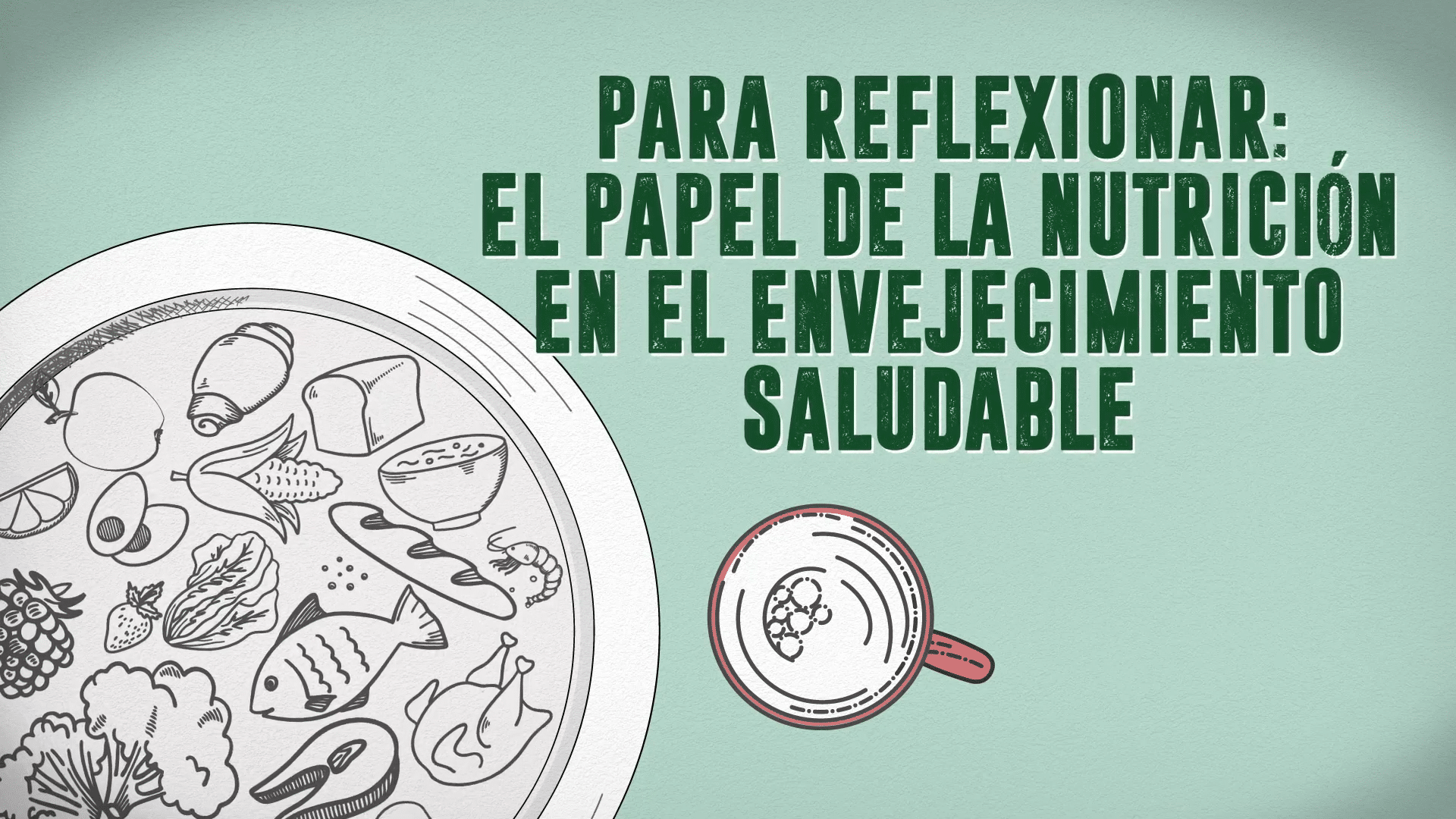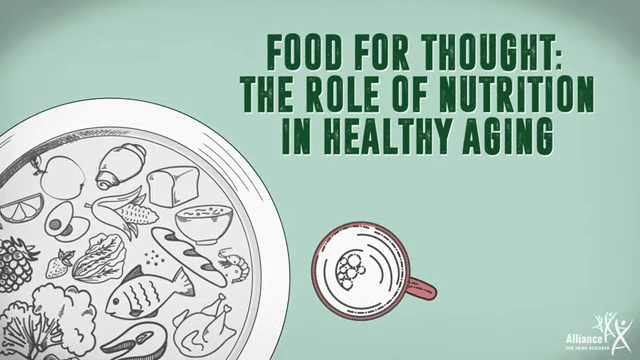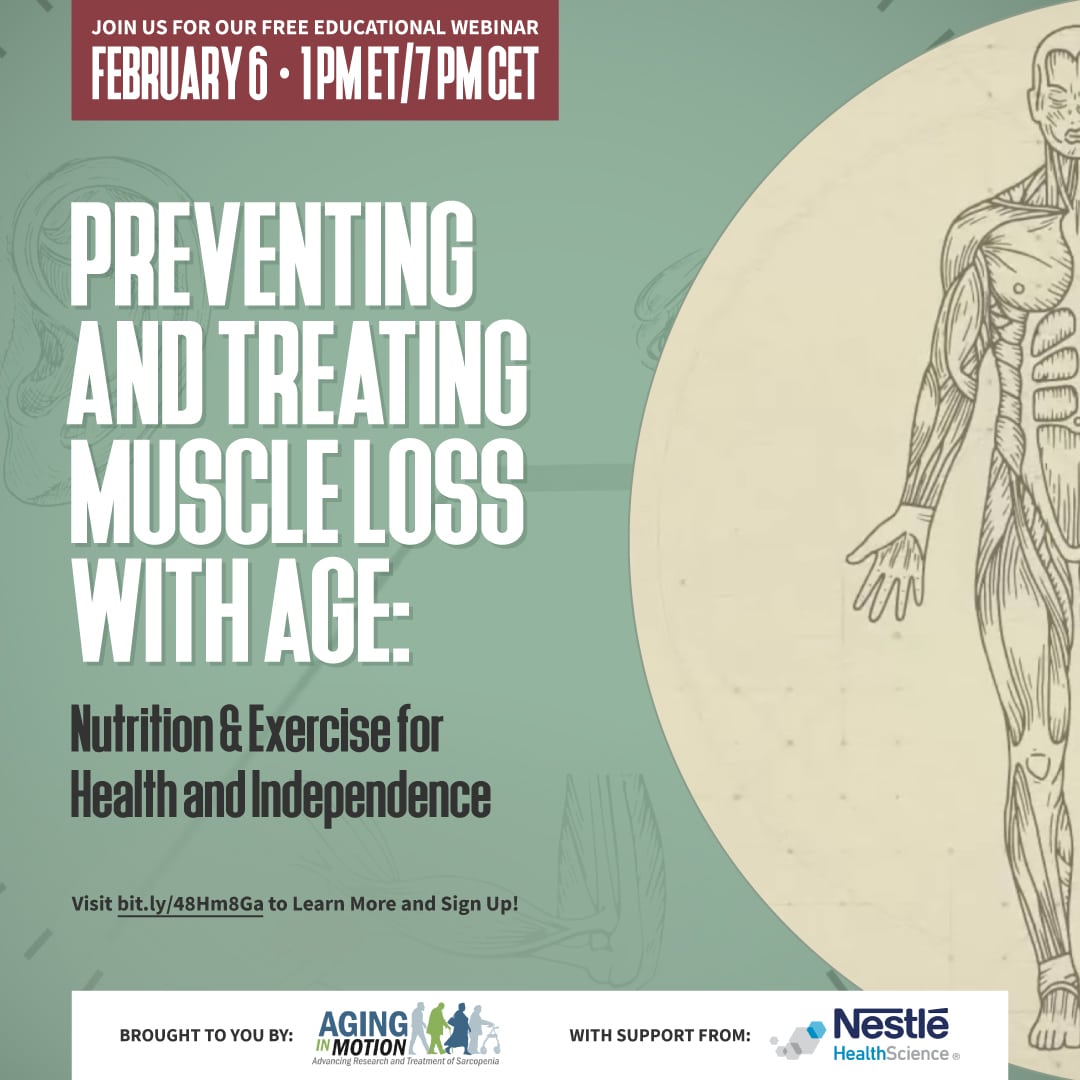- Alzheimer’s Disease and Related Dementias
- Antimicrobial Resistance
- Appropriations
- Cardiovascular Disease
- Care Innovation and Access
- Clinical Trials
- COVID-19
- Family Caregiving
- Health Equity
- Healthy Aging
- Home Health and Community-Based Services
- Medicaid
- Medicare
- Mental Health
- Nursing Home and Post-hospital Care
- Nutrition
- Persistent Pain
- Prescription Drug Affordability
- Quality and Outcomes
- Research Funding
- Sarcopenia and Mobility
- Telehealth
- Vaccination
- Value Assessment and Pricing
- Vision Loss
Sarcopenia and Mobility
Sarcopenia is the age-related loss of muscle mass and the associated losses in physical functioning. As people begin to age, they naturally start to lose muscle. However, biological and behavioral differences can lead to faster rates of muscle loss. Excessive muscle loss can lead to increased susceptibility to injury, and sarcopenia is strongly associated with increased morbidity and mortality for older adults. The symptoms of sarcopenia include overall weakness, lower stamina, and reduced muscle mass.
Despite being a common condition, awareness of the condition remains low. Unfortunately, many people that experience decreased physical function due to muscle loss believe they are undergoing a normal part of the aging process. Through an improved diet and resistance exercise, many older adults are able to manage their sarcopenia. However, a subset of older adults may require biotherapy to improve their muscle function.
There are no FDA-approved drugs for the treatment of sarcopenia. This is why the Alliance for Aging Research created Aging in Motion (AIM), a project seeking to raise awareness and spur innovation to treat sarcopenia. Due to the efforts of AIM, sarcopenia has been recognized as a disease by the World Health Organization and is included in the International Classification of Disease (ICD-10 CM Code M62.8).
One of the most significant barriers to advancement in the treatment and care of older adults with sarcopenia is the lack of awareness among patients and clinicians. AIM seeks to educate these stakeholders about the condition and encourage screening and diagnosis. You can learn more about AIM by visiting www.aginginmotion.org.
If you think you or a loved one may be experiencing sarcopenia, we encourage you to take the SARC-F. This questionnaire can help determine whether you may be experiencing sarcopenia and if you should speak with your doctor about further assessment and potential treatment.
The Healthy Aging Blog on Sarcopenia and Mobility
News and Updates on Sarcopenia and Mobility
Videos on Sarcopenia and Mobility

Sarcopenia: Taking Charge of Your Muscle Health As You Age
We all lose muscle mass as we age, but some of us lose it more quickly because of a serious…
more.
Para Reflexionar: El Papel de la Nutrición en el Envejecimiento Saludable
Todos perdemos masa muscular a medida que envejecemos, pero algunos la perdemos más rápidamente debido a una afecci…
more.
Food for Thought: The Role of Nutrition in Healthy Aging
The way we eat throughout our lives impacts the way we age. Science has proven that a well-balanced and…
more.
The Alliance for Aging Research is a proud recipient of Candid’s Platinum Seal of Transparency.

The Alliance for Aging Research is proud to be rated a 4-star charity by Charity Navigator.
Ways to Give
There are many ways you can help accelerate the pace of scientific discoveries and their application to vastly improve the universal human experience of aging and health:




